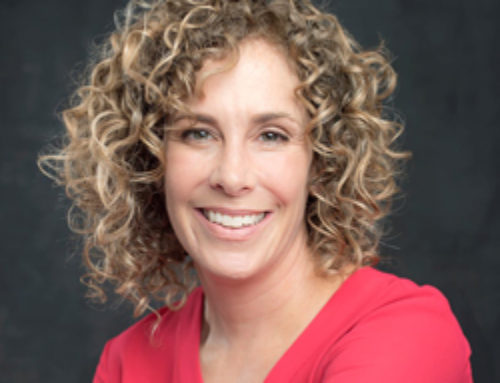It is a reality in an aging community with a large population of senior citizens that effective and caring palliative care must be a vital aspect of health services. The new palliative care area at St. Joseph’s Hospital aims to fill a vital gap says Gordon Carter, Director of Pastoral Care, Mission and Medical Ethics at St. Joseph’s. What is palliative care? Palliative care refers to care that is offered when curative approaches are not possible. The focus of palliative care, at that point, becomes providing comfort and managing symptoms.
An important societal facet that seems to preclude dying at home for so many, Carter says, is the geographical fragmentation of families and the development of complex skills and knowledge in the area of palliative care. People in a terminal stage of life so often require complex care on a 24/7 basis and for many that’s sometimes not available in a home setting. It’s common for palliative patients to come into emergency needing acute care.
“We know that even when we eventually have a hospice in our community, we will still have palliative patients who require acute care in our Hospital to manage a variety of symptoms including pain, nausea, breathlessness, bowel obstructions, etc. Most of our palliative patients, once we have a complete continuum of care in place, will be discharged to home, including residential care facility, or a hospice,” when one is available he says.
“The dying process and how we deal with it is part of our humanity,” Carter says. “The Task of Dying, is a rough framework created by Pennsylvania Spiritual Care Coordinator, Barbara Derrickson, in which she refers to the ‘Four Rs of Dying. They are: 1) Reviewing your life; 2) Reevaluation, which consists of looking at your life from a new perspective; 3) Reconciliation; mending relationships that are in disrepair; 4) Reunion; which can be within human relationships or your life hereafter.”
Carter points out that this sort of self-reflection and dialogue is hard work and will be inhibited if the person is suffering. “We need to provide a setting for that peaceful death in order for these things to be done,” Carter says. “A busy Acute Care ward is obviously not an ideal setting for this important stage of life.”
 “In the new Palliative Care area we want to offer an environment where people are more likely to experience peace and a strengthening of their hope.” Carter says. “So many people approach death in the way they lived, without a sense of peace and we want to change that. This can only happen when people can have a quiet time. They cannot find growth in busy-ness and noise. We want them to feel that they are truly home in a metaphorical sense; in a place where they are most profoundly welcome.
“In the new Palliative Care area we want to offer an environment where people are more likely to experience peace and a strengthening of their hope.” Carter says. “So many people approach death in the way they lived, without a sense of peace and we want to change that. This can only happen when people can have a quiet time. They cannot find growth in busy-ness and noise. We want them to feel that they are truly home in a metaphorical sense; in a place where they are most profoundly welcome.
In the drive to bring about a palliative care area Carter says the community has been extremely generous in its support – both the health care community and the general public.
The creation of a palliative care area at St. Joseph’s represents the fruition of a dream for the David Martin family and Rev. D’Arcy Lade, founding pastor of Comox Valley Presbyterian Church. Although both Martin and Lade passed away in 2005, friends and family of both made generous memorial donations as a way of initiating this important community project.
In November 2007 the Hospital Foundation gave its support to the initiative by making palliative care the main focus of fundraising. Funds raised for the renovation project have come from private donations, service clubs, grants and fundraising events. The result has been more than $340,000 in donations. During the course of our fundraising campaign the costs of construction have risen and we will continue to pursue the funding needed to reach our goal.
This palliative area at St. Joseph’s Hospital is extensive and is vitally important in a community with an aging population. The St. Joseph’s Hospital Foundation cannot emphasize enough how much such a change will serve the public. Your support will help the Hospital Foundation’s quest to bring the best in health care to all the community.






Leave A Comment